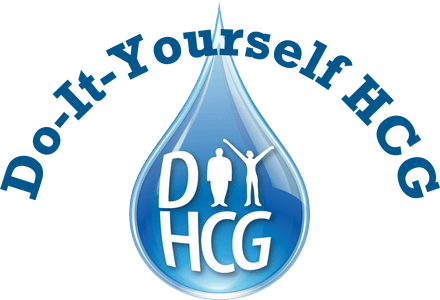5 Signs of Vitamin B12 Deficiency
 When you think about taking your vitamins, the first vitamin that comes to mind may not be B12, but B12 is vital for your body to stay healthy and functional. Experts say that up to 40% of Americans are deficient in this vitamin.
When you think about taking your vitamins, the first vitamin that comes to mind may not be B12, but B12 is vital for your body to stay healthy and functional. Experts say that up to 40% of Americans are deficient in this vitamin.
Vitamin B12 helps your body to produce red blood cells and supports the health of your nervous system, among other things. So a deficiency could cause serious health problems. We can't see what's happening inside of our bodies, so our bodies send signals to alert us when something isn't quite right. If you're wondering if you might be deficient in B12, pay close attention to the following signs of deficiency.
1. Weakness and Fatigue
Are you feeling exhausted lately with no discernable reason? Or are you struggling to carry out your daily tasks due to weakness? B12 deficiency may be to blame. If B12 deficiency is left undetected and untreated for long enough, you may develop anemia due to the lack of healthy red blood cells. Anemia could lead to a constant state of exhaustion.
2. Unusually Pale Skin
If your skin seems to have lost its color and vibrancy lately, B12 deficiency anemia might have had a part to play. When there aren't enough red blood cells to go around in your body, it can lead to pale skin and lips.
3. Lack of Appetite and Stomach Problems
B12 deficiency can cause stomach problems. If you are experiencing sudden weight loss, poor appetite, or excessive gas or constipation, you might want to check with your doctor to see if you have a B12 deficiency.
4. Tingling in Your Extremities
If you suddenly start experiencing numbness or tingling in your fingers and toes that you aren't used to feeling, the problem might be that B12 deficiency has begun to affect your nervous system. Of course, other things can cause this, but if you've recently started experiencing this after experiencing fatigue, then it might be worth a trip to your doctor.
5. Depression and Memory Loss
Once the vitamin deficiency lasts long enough and starts affecting your nervous system, it grows into something more severe, affecting your mental health and mental abilities. If B12 deficiency is the culprit for your distressing symptoms, you'll have options to get your life back on track.
Treatment of B12 Deficiency
You have several options for bringing your B12 levels up. If the deficiency is severe, you may start by getting B12 injections or taking a high supplement dose.
If you eat animal products, you may have to increase your intake of B12-rich foods such as beef, fish, eggs, and milk.
If you eat a vegan diet, you'll have to be more mindful of making sure to get enough vitamin B12, as B12 is only found naturally in animal products. However, there are options for you. There is fortified plant-based milk, cereal, yogurt, and nutritional yeast. Some energy drinks and sports drinks will also contain B12. Though it isn't good to rely on those things, it can boost your B12 when you need it. If you are vegan, it is good to take a supplement just in case. Even with the most rigorous planning, you still may have a hard time consuming enough B12 consistently.
Suppose you have a disease that causes gastrointestinal problems such as IBS, Crohn's Disease, or Celiac Disease. In that case, you may not be able to absorb B12 orally and must rely on injections to maintain a healthy level of B12 in your body. It's better to catch B12 deficiency early, either by preventing it entirely or seeing a doctor as soon as you feel the early symptoms. While most of the symptoms are completely reversible, any nerve damage may not be.
If you notice any signs or symptoms of B12 deficiency in yourself, don't hesitate to contact your doctor. Together you can make a plan to get your levels up so you can feel healthy and energetic once again.
